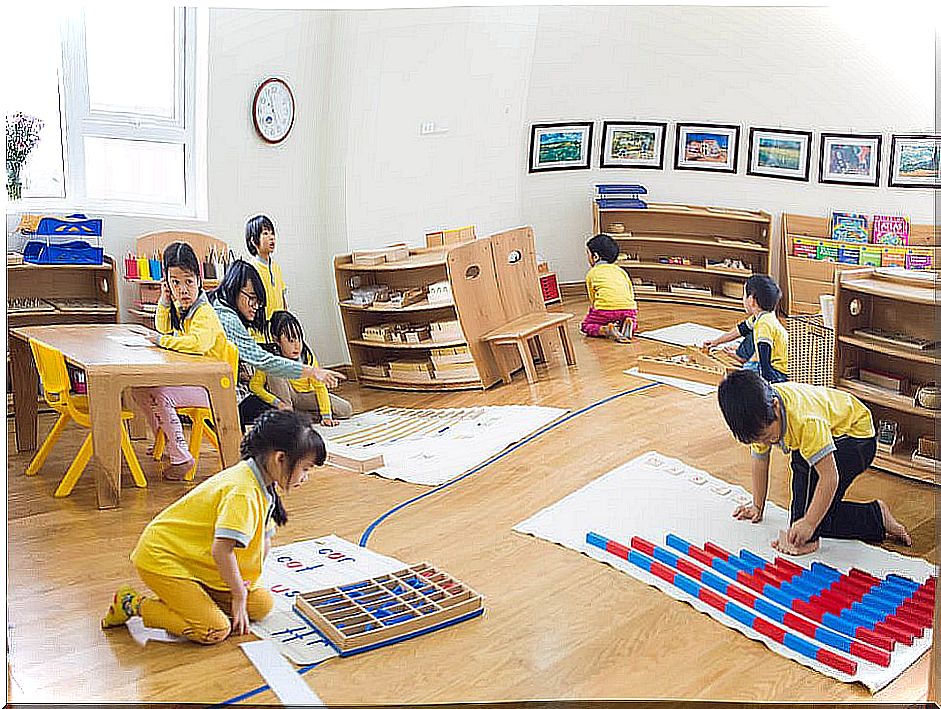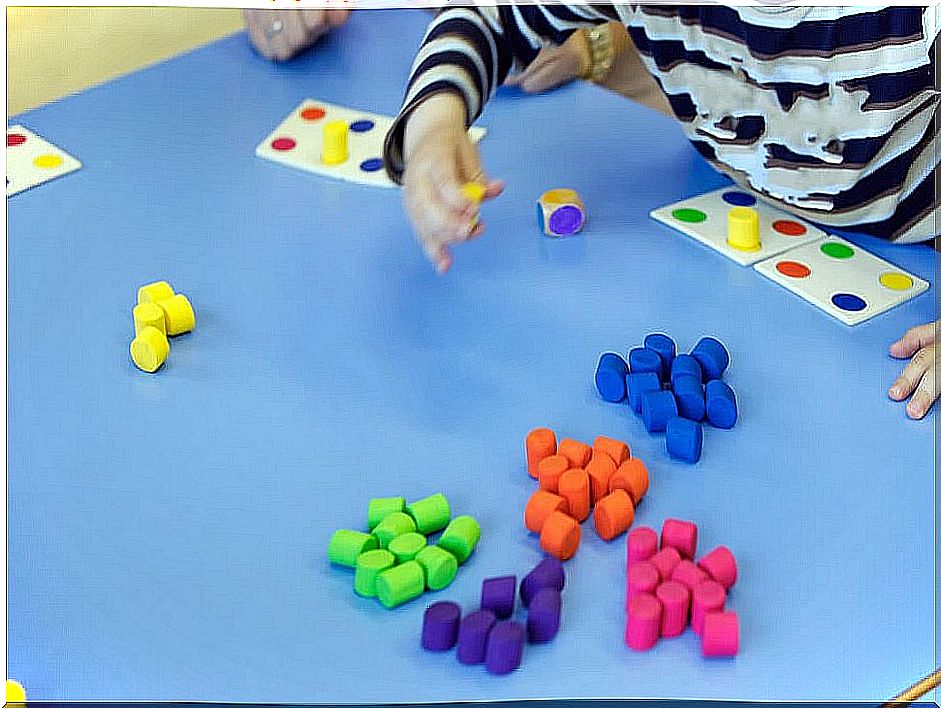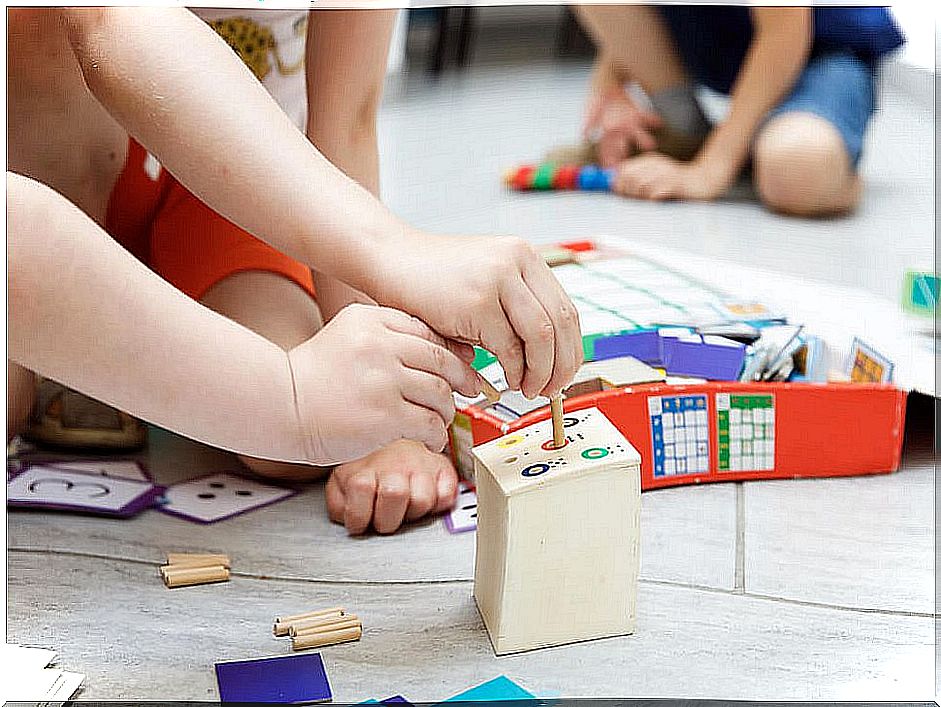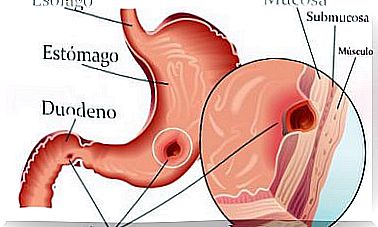3 Montessori Tips For Educating Children
Educating children is a fundamental right. This allows them to acquire new knowledge and develop their personality. In the same way, it contributes fully to personal development, favoring social and professional integration.
Here we share 3 tips from the pedagogue María Montessori to educate children. Keep reading!
The right to education is vital for the economic, social and cultural development of all human beings. However, it continues to be inaccessible to thousands of children in the world.
In fact, this fundamental question is included in the Magna Carta of all civilized countries. For example, in the Spanish Constitution, it is reflected in its article 27.
Therefore, countries should focus their efforts on primary education to make schools accessible and free for all children.
Who is Maria Montessori?
In this article we will talk about María Montessori, creator of an ideal study method to train independent children. She was a famous Italian pedagogue woman (August 31, 1870 – May 6, 1952).
His idea was that the child must be given the feeling of being able to act without constantly depending on the adult. The theories of this method were based on observing things that young children did without adult supervision.

These were carried out by Dr. Montesorri, in children with social risk. For her, the most important thing was respect for them and their ability to learn.
The learning method to educate children is based on:
- Respect for the autonomy of the student.
- Respect for personal initiative.
- Student self-discipline.
- Knowledge exploration and search.
Some tips for educating children according to Montessori
1. Orient the children
Children between the ages of two and three are in the first period of human development, which is the most important. It is the moment where the little ones acquire the maximum potential for learning.
This is the stage where they need the most help. This is so because they are endowed with great creative energies and must be supported so that they are not diminished.
At this age, children begin to communicate, so parents must assign their first responsibilities according to their ages. Thus, it is up to parents to guide and supervise each task that their children carry out.
2. Adapt the environment
To foster children’s self-learning, the environment must be carefully organized. Therefore, they must be simple, clean and orderly. Also, for students to interact, the setting should include good lighting, plants, art, music, and books.

This adaptation is important, since in this way children will be able to develop their social, emotional and intellectual aspects. In the same way, it is recommended that the furniture is adapted to the child’s age so that it can be developed without the constant assistance and supervision of an adult.
This reorganization will help the child feel autonomous by promoting their independence. To promote this aspect it is necessary to make positive reinforcement with motivational phrases.
Ultimately, it is intended that the child learn to function and act appropriately in each specific environment.
3. Advise and guide the child
Children between the ages of seven and eight undergo an evolution. They must reinforce their self-esteem, identity and their future as a useful, capable and independent person.
Taking this age into account, the child can already integrate to do more things. However, he must be advised so that he is aware of what he can really do in a responsible way.
According to the Montessori philosophy, the participation of the adult is transcendental in the formation of the child. This consists of guiding him in a respectful and loving way, introducing him to the tools that will form him as an independent child.
Final considerations for educating children
Finally, we must bear in mind that children are our future. Therefore, taking this model and putting it into practice would help their integral formation. Furthermore, we must insist on the need to make primary education an accessible right for all children.

Children’s minds have a wonderful and unique ability. In general, they are compared to a sponge, with the difference that the sponge has a limited absorption capacity. Instead, the child’s mind is infinite.
The adult in this philosophy is considered a conscious observer and must be present in the continuous learning and personal development of the child. The true educator is at the service of the learner. And, therefore, you must cultivate humility, to walk alongside the child and learn from him.









